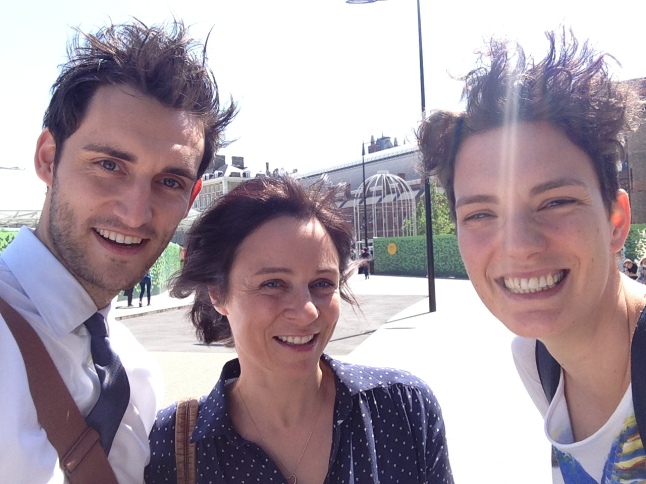Feelings. I didn’t like them once upon a time. I remember the stomach-churning fear, the excitement that bubbled inside of me and which I instinctively wanted to quash, the sadness of heartaches or bereavement that gnawed away at my insides and which I always felt compelled to numb with alcohol, just to restore a sense of calm and order.
I was frightened to feel anything. I operated as an automaton – a woman with two settings: functioning and partying. Emotions that interrupted the status quo had to be dealt with, and there was only one reliable method I knew of by which to do that: drinking.
Without a shadow of a doubt, the most difficult thing in becoming a non-drinker has been learning to ‘feel’ emotions, not running from how I feel but accepting, understanding, and responding – appropriately. How bizarre it is to actually sit with emotions in the early weeks and months, to endure anger and bitterness, grief, happiness and excitement. How uncomfortable to have nowhere to turn in order to escape and seek solace from the raging storm inside the mind.
On my favourite running route, there’s a big hill. It winds through fields filled with sheep and cows, and as it climbs higher it offers a beautiful view of the west side of Sheffield where I live. As I reach the top, I often find that I have tears in my eyes. It’s a combination of listening to music (The War on Drugs currently, highly recommend it), immersing myself in the countryside away from anyone or anything apart from grass and trees and animals, the meditative property of running which affords me sufficient space for reflection. It’s probably something to do with the endorphin rush that comes from exercising too. The tears aren’t exactly related to being sad – they’re just tears. It’s an outlet for my emotions, which I need because, for the most part, I spend my life bombing around, spinning plates and keeping everyone happy – or trying to – as so many of us do.
A major part of the human experience lies in having emotions: we are grounded and guided by them. Living through them helps to heal us when we are wounded. We are strengthened by the tough times and find peace when we emerge out of the other side.
These days, I like feelings. I’m not scared of them. Feelings mean I am alive. Feelings mean I’m a human being. Feelings mean I no longer drink. I am aware. I am alive. I am present.





